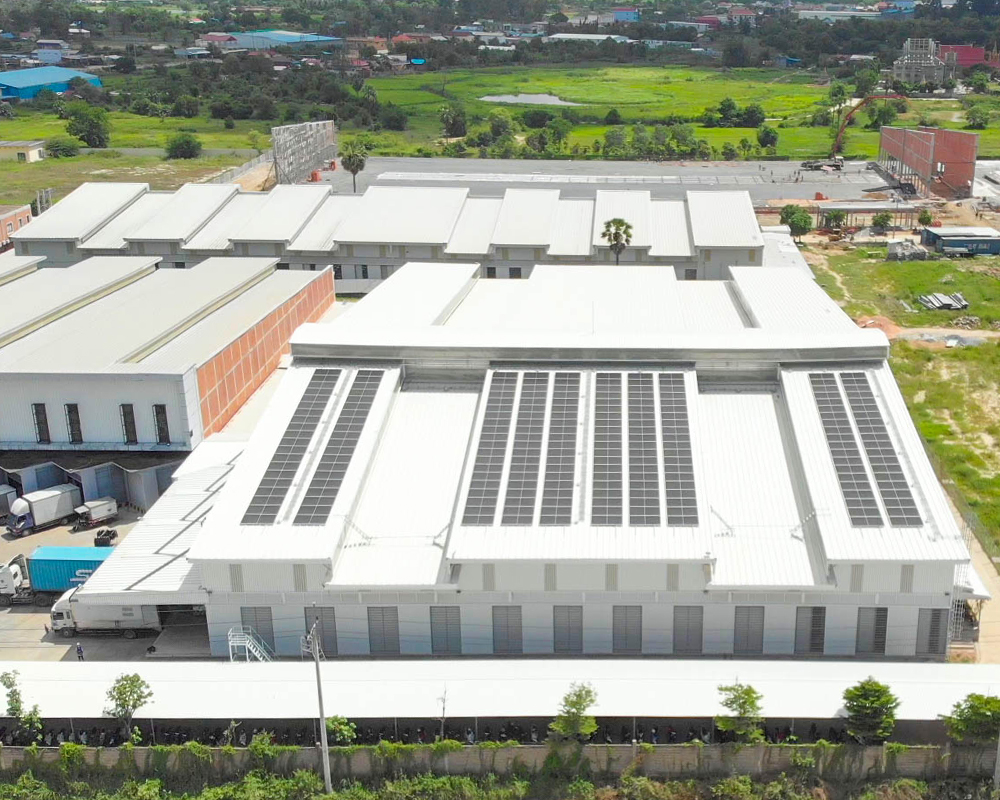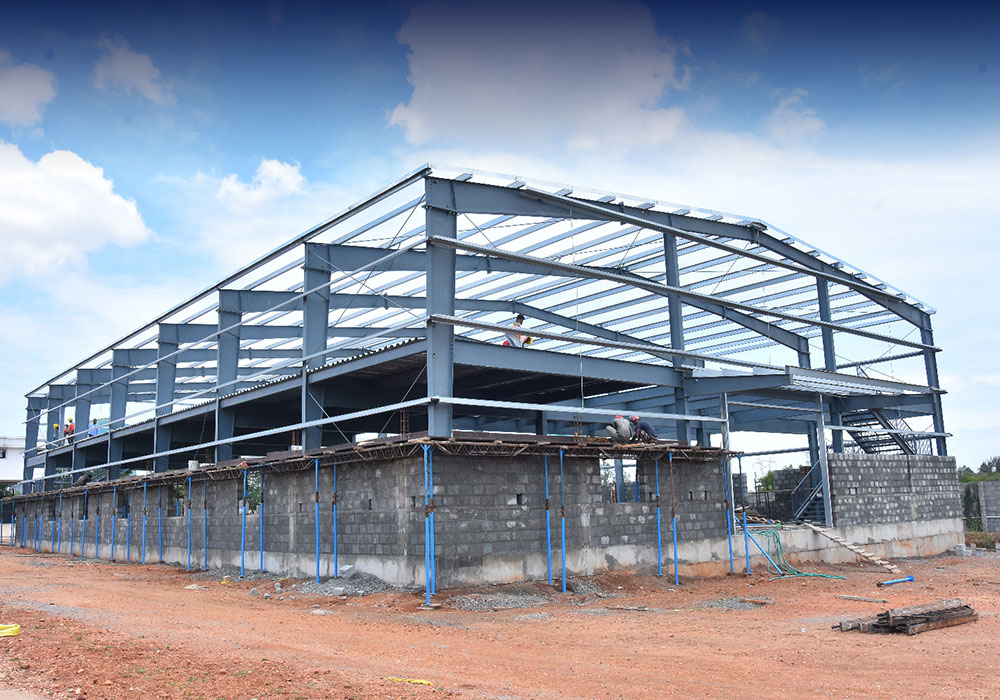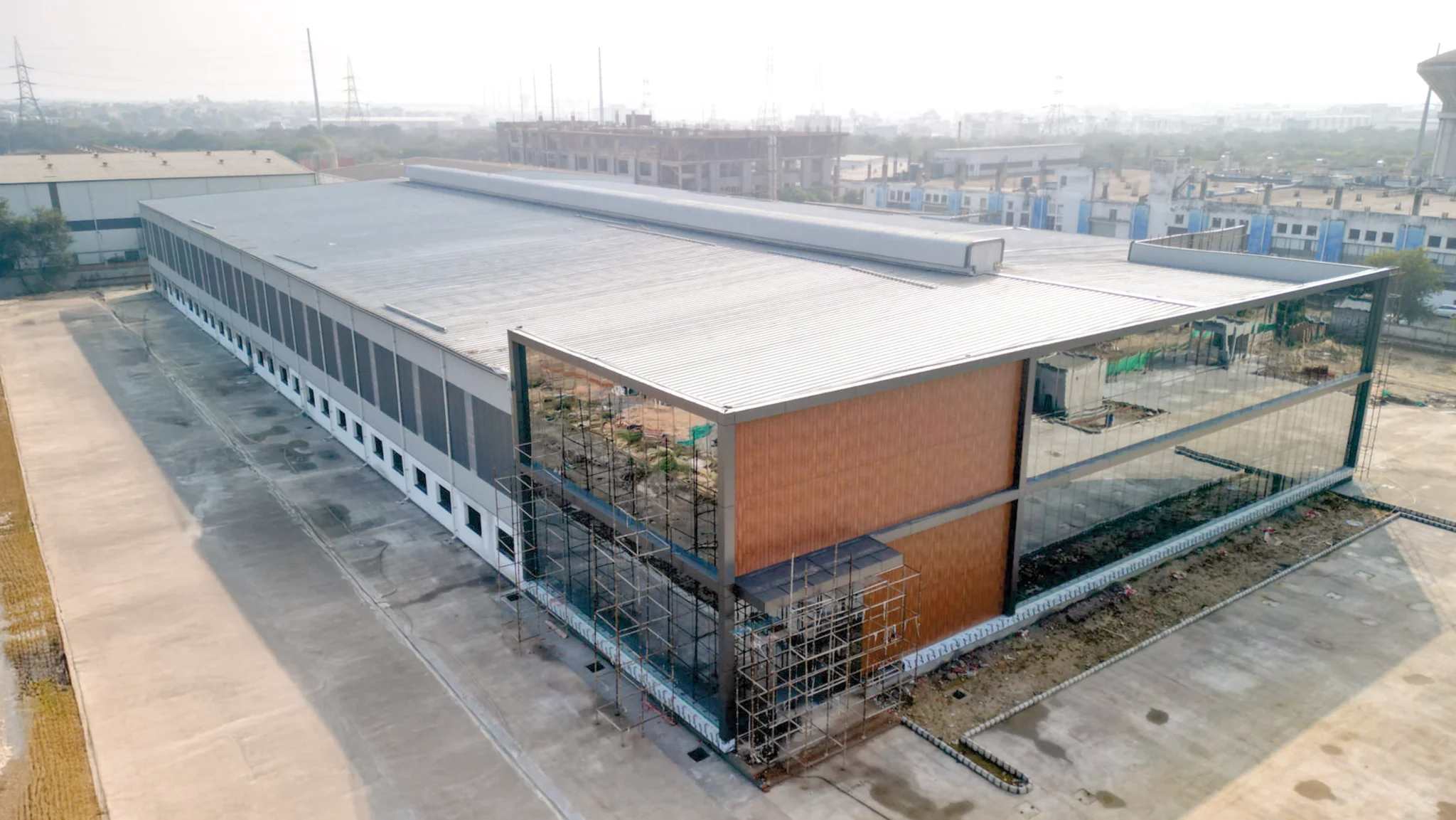
San Francisco Construction Firms Watch for Stormy Weather
[ad_1]

Greg Hurd
CEO
BKF Engineers
The only thing that matches San Francisco’s unpredictable weather is the city’s equally unpredictable nature, according to writer Armistead Maupin. “San Francisco’s climate is nature’s way of saying, ‘Let’s keep things interesting,” he noted in his Tales of the City books.
Having experience grappling with unpredictability may prove to be an asset for Bay Area businesses as financial forecasts begin to darken, particularly for the AEC industry. Changes, cancellations or removals of funding sources and the cost of capital are going to be major areas of concern, says BKF Engineers CEO Greg Hurd.
“There is widespread concern about a potential recession and whether certain sectors or companies are truly recession-proof,” he says. “This uncertainty has led to hesitation among some clients when it comes to moving forward with construction projects.”
That sentiment can be seen in the Dodge Data & Analytics data for construction starts in the San Francisco region. While the Dodge projection for 2025 remains bullish with an 8% increase over last year, the forecast for 2026 has a bearish hue.
Bay area starts are expected to exceed $16 billion in 2025 but slide to $14.4 billion in 2026.
Non-residential building starts peaked in 2024 with more than $9 billion, but they have been in decline ever since. Residential starts are expected to reach almost $5.5 billion this year but fall off to just more than $4 billion in 2026. Non-building starts should hold steady at $3.9 billion this year and next, according to Dodge.
Looking forward, projected numbers have to be treated with caution due to the atmosphere of uncertainty. Hurd notes that projects that were slated to go to bid or break ground may be put on hold due to increased material costs and other factors.
Despite the concerns surrounding funding sources and rising capital costs, the sheer amount of potential work in the San Francisco region ensures opportunities will be out there for companies to compete for.
The key for firms such as BKF is identifying the best opportunities to pursue, Hurd says. Several sectors, such as health care, water and transportation are expected to remain strong despite the financial headwinds. The firm has built a strong record in those sectors, and BKF continues to see a good pipeline of projects, contracts and growth in these markets, Hurd says.
The company has been involved in health care projects such as the Sutter Health CPMC Van Ness Campus, a 2021 ENR West Best Project.
Transportation projects have included the city of Oakland’s 8th Street Corridor Improvement project and the Bay Area Rapid Transit (BART) extension from the Colma Station to the San Francisco International Airport.
A standout project for BKF has been the Mission Rock development on the San Francisco waterfront that opened last year. Developed as a public-private partnership between the San Francisco Giants, Tishman Speyer and the Port of San Francisco, the project will feature office and residential buildings as well as eight acres of new public space.
BKF supported the project through preparation of the site design, planning and due diligence, CEQA support, design controls, infrastructure planning and projectwide tentative map and Basis of Design documentation.
For BKF, success in the path forward will require being selective and shrewd in choosing projects.
“Our funding strategists are adept at reading between the lines,” Hurd says. “In fact, they’ve identified new opportunities for funding in communities and for projects that previously may not have qualified.”
Strong client relationships are certain to outlast tough times. BKF has been working closely with its clients to navigate impacts and find funding for projects in their communities.
The San Francisco region is also subject to the woes that have beset the wider industry such as finding and retaining skilled staff. That particular problem is compounded by the Bay Area’s cost of living. BKF has tackled this by offering offices across the region, increasing the firm’s access to talent.
Ironically, data suggests the spectre of a downturn seems to have led to increased staff stability as employees are staying put to wait out the uncertainty in the industry.
[ad_2]
Source link
Post a Comment
You must be logged in to post a comment.






